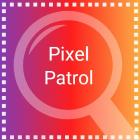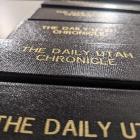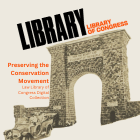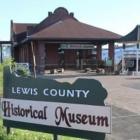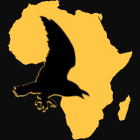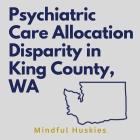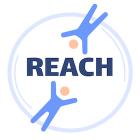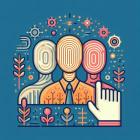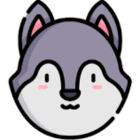
PII Safeguard - A PII Discovery/Redaction Browser Extension Tool
PII Safeguard is a Chrome browser extension tool designed to enhance data security by discovering, identifying, and redacting personally identifiable information (PII) across different files to protect sensitive information. By using a prototype designed in Figma that outlines the tool’s user interface and user interaction workflows, and leveraging a backend that's built with Python, the browser extension scans inputted files to detect over 40 different categories including financial, personal, and security entities. This software tool aids users in managing and securing sensitive PII, ensuring compliance with privacy standards and reducing the potential risk of data breaches.

